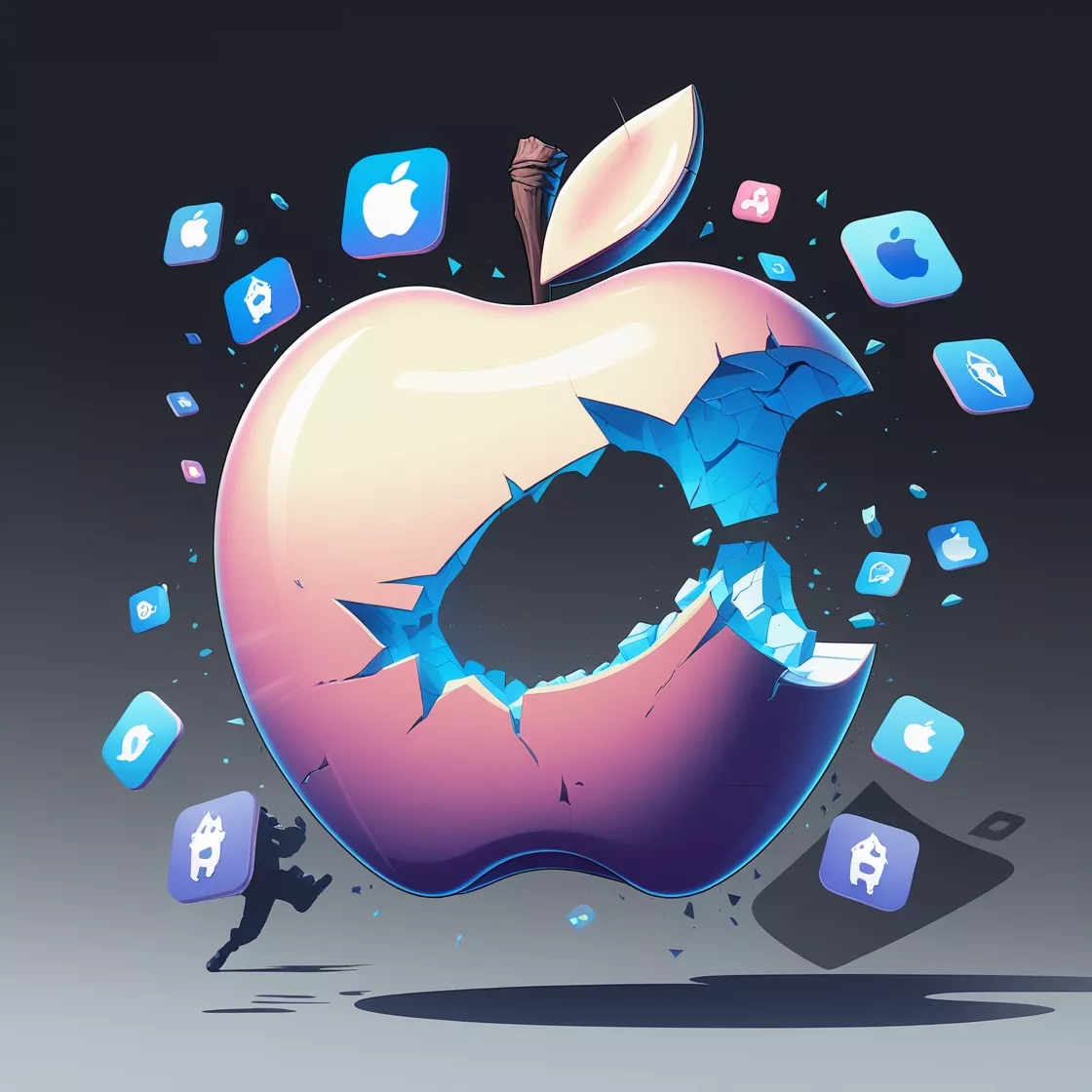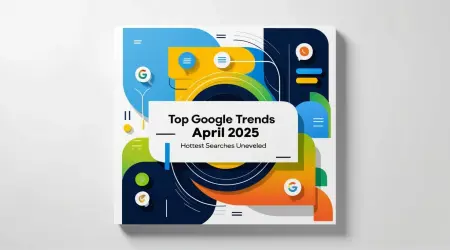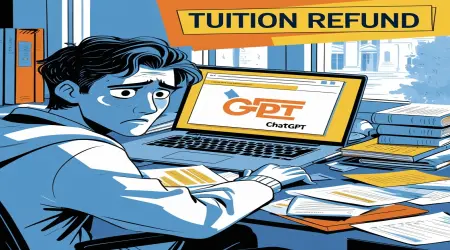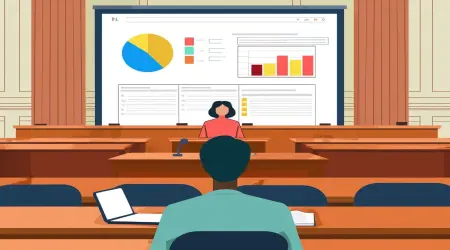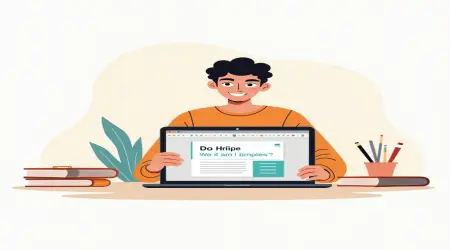Apple Keeps Fortnite in App Store Limbo: A Friendly Guide
Introduction
Picture this: you're super excited for the latest Fortnite update, only to find out it’s stuck in limbo. That’s the reality for millions of players as of May 16, 2025, at 02:43 AM CET. Epic Games, the folks behind Fortnite, are in a frustrating stand-off with Apple. They’ve not said yes or no to the game’s second App Store submission, and this delay could mess up a big update planned for today. So what’s going on and what does it mean for gamers and the tech world? This guide from temploop explores the Fortnite App Store drama, diving into the legal tussle, what’s happening right now, and what it all means. Whether you’re a Fortnite lover, a developer, or just curious about tech stuff, stick with us as we unfold this high-stakes story.
Background: The Epic-Apple Legal Showdown
The current App Store mess is just the latest chapter in a five-year legal battle between Epic Games and Apple. Let’s rewind to August 2020 when Epic made a bold move that shook things up in the tech scene.
The 2020 Lawsuit and What Followed
In August 2020, Epic Games rolled out its own in-app payment method for Fortnite, letting players buy V-Bucks directly from Epic and avoiding Apple’s hefty 30% cut. This was a clear challenge to Apple’s App Store rules.
Example : Imagine a Fortnite player all pumped for a new season, only to realize their iPhone can't access the latest content. Since 2020, iOS users have been left out, relying on knock-off apps that just can't compare.
Key Insight : The 2020 dispute kicked off a legal battle that continues to shake up the app landscape, with players feeling the absence of Fortnite with every passing day.
Court Rulings and Bumps in the Road
Things took a turn in September 2021 when U.S. District Judge Yvonne Gonzalez Rogers made a ruling on the Epic Games vs. Apple case. While she didn’t label Apple a monopoly, she did mandate that Apple let developers link to payments outside the App Store without charging a commission. This was a small win for Epic, but Apple’s moves — like introducing a crazy 27% commission on external purchases and showing warning screens to users — drew backlash for skirting the ruling.
Example : Think about a developer trying to sell digital goods but getting slammed with Apple’s new fees that make outside payments almost as pricey as in-app ones. No wonder Epic's pushing for change!
Key Insight : The App Store ruling aimed to create a fairer landscape, but Apple’s pushback is keeping tensions at an all-time high.
👉Top 10 PC Games Where Players Spend the Most Money in 2025
Current Developments: Fortnite’s App Store Submission
Fast-forward to May 2025, and Epic Games is trying to get Fortnite back on iOS. But Apple’s silence is creating a roadblock.
Epic’s Submission and Apple’s Silence
After the ruling on April 30, Epic sent Fortnite to the U.S. App Store on May 9, 2025, using its Swedish account because its U.S. account is still banned. This submission included both Apple’s in-app payment method and Epic’s external option, following the court’s orders. After a long five days with no word from Apple — which is way longer than their claim to review 90% of submissions in 24 hours — Epic pulled it and resubmitted on May 14, 2025, to get a major update ready for May 16, 2025.
As it stands, Apple still hasn’t responded, and this silence could delay the update, which needs to come out at the same time across platforms like Android, Xbox, and PC. This could really mess with gameplay and leave players hanging for new content like Chewbacca and cool new weapons.
Example : Imagine a group of friends planning a Fortnite gaming night, only to find out iOS players can’t play because the update’s on hold. That could really put a damper on the excitement.
Key Insight : Apple’s unusual delay hints at possible strategic stalling or some internal pushback against the court’s orders.
The Role of Knock-Off Apps
Epic CEO Tim Sweeney has pointed out something frustrating: while Fortnite sits waiting, a bunch of knock-off apps are popping up on the App Store. These are basically copycat games trying to mimic Fortnite’s vibe. Sweeney’s posts show this unfairness, arguing it highlights a double standard from Apple. These clones usually lack the quality and security of the real deal, which can leave players feeling misled and hurt Epic’s brand.
Example : A young gamer downloads a knock-off app expecting Fortnite action, only to run into glitches and ads. This kind of frustration really drives home Epic’s point about the uneven enforcement of rules.
Key Insight : The existence of Fortnite knock-offs raises serious questions about Apple’s review process and fairness, only amplifying Epic’s gripes.
Legal Context: Navigating the Maze
So why is this situation so complicated? The legal background gives us a glimpse, showing a tangled web of rulings, appeals, and corporate chess moves.
Understanding Apple’s App Store Rules
Apple’s iOS app guidelines are supposed to keep everything safe and tidy, but critics argue they prioritize profits over fair competition. The 30% commission on in-app purchases has been a hot topic, with developers like Epic looking for different options. The 2021 injunction aimed to ease these rules, but Apple’s new fees and warning screens seem like an end-run around the judge’s order.
The April 2025 ruling was a wake-up call, ordering Apple to stop messing with external payment links. Yet, Apple’s silence on Fortnite seems to show they are still resisting, possibly scared of opening the floodgates for other developers.
Example : Think of a small developer wanting to offer direct payments but worried about Apple’s new fees. The fear of a backlash could keep them from taking on the system, unlike Epic’s bold stand.
Key Insight : Apple’s App Store rules are at the heart of this conflict, trying to balance control of the ecosystem with giving developers more freedom.
👉Top 10 PS5 Games Where Players Spend the Most Cash: Your Go-To Guide
Epic’s Peace Offer and Its Rejection
In April 2025, Tim Sweeney suggested a “peace deal” to Apple, saying he’d drop the lawsuit if they expanded the court’s framework globally. But Apple’s crickets suggest they’d rather duke it out in court than negotiate.
Example : Imagine Epic reaching out to settle, only for Apple to ignore them and stick to their legal guns. This only deepens the rift.
Key Insight : The failed peace offer highlights just how far apart Epic and Apple are, with no easy fix in sight.
Impact on Developers and Players
This Fortnite iOS battle goes beyond one game — it’s a signal of bigger issues in the app world, hitting both developers and players hard.
What This Means for Other Developers
The Fortnite App Store controversy has rallied developers frustrated by Apple’s grip. Bigger companies like Spotify and Match Group have backed Epic’s concerns, claiming that Apple’s rules kill innovation and competition. The April 2025 ruling was a boost for developers wanting more freedom, but Apple’s seeming non-compliance could scare others from challenging the status quo.
If Apple keeps dragging its feet, it might lead to more legal trouble or regulatory backlash, especially with global pressures like the EU’s Digital Markets Act, which is pushing Apple to allow other app stores in Europe. This could spark significant changes, giving developers more control over how they make money.
Example : A new developer watches Epic’s fight and feels hesitant to challenge Apple’s fees, worried about facing the same delays. This fear could hold back creativity.
Key Insight : Apple’s compliance issues could shake up how developers get along with Apple, depending on how this whole mess turns out.
Frustration Among Fortnite Players
For players, not having Fortnite on iOS since 2020 has been a real loss. The game’s lively community thrives on updates, and the current delay could break gameplay for iOS users eager to jump back in with friends on other platforms. The presence of knock-off apps just makes things worse, offering cheap alternatives that can’t compete with Fortnite’s quality.
Example : A teenager on an iPhone can’t play the new season of Fortnite and turns to a knock-off app, only to run into ads and bugs. Their disappointment mirrors what a lot of players are feeling right now.
Key Insight : The Fortnite App Store mess directly impacts players, dragging out their wait for a game they love.
Analysis: Why Is Apple Delaying?
Apple’s radio silence is puzzling, leading to many theories about their motivations and what might result. So what’s really going on with this delay in their app approval process?
Strategic Stalling or Technical Issues?
Several theories might explain Apple’s delay:
- Strategic Stalling : Apple might be dragging things out to buy time for an appeal against the contempt ruling. Approving Fortnite could set a precedent that encourages other developers to dodge Apple’s fees.
- Internal Resistance : Infighting within Apple’s leadership seems to suggest a reluctance to fully comply, putting profits before following court rulings.
- Technical Hurdles : While it’s possible, technical issues don’t seem likely given how well Apple usually handles app reviews.
This delay could backfire, as the court might find Apple in contempt again, leading to fines or even more regulatory pressure.
Example : Think of Apple’s review team, feeling the heat from executives, holding off on Fortnite’s approval to prevent a wave of similar requests. This risky strategy could blow up in their faces if the court steps in.
Key Insight : The delay likely comes from strategic reasons, but it’s a risky bet for Apple.
Tim Sweeney’s Public Criticism
Tim Sweeney has been vocal on social media, calling out Apple for letting Fortnite clones slip through while holding back on Fortnite. His statements ramp up public pressure, making Apple look inconsistent.
Example : Imagine Sweeney posting about a knock-off app getting approved while Fortnite is in limbo. His fans take up the charge, stirring discussions on how fair Apple’s being.
Key Insight : Tim Sweeney’s public push keeps the spotlight on this conflict but could escalate tensions even further.
Conclusion
The story of Apple keeping Fortnite in App Store limbo reflects larger tech and gaming issues. As of May 16, 2025, Fortnite’s future hangs in the balance, with Apple’s silence jeopardizing an important update and fueling claims of non-compliance. This legal battle isn’t just about one game — it’s a struggle for control, fairness, and the future of app ecosystems.
For Epic, it’s a chance to win back iOS players and challenge Apple’s hold on the market. For Apple, it’s a test of their ability to uphold a curated platform amid legal and public scrutiny. For players and developers, it’s a waiting game with high stakes.
The court’s response to Apple’s appeal, expected by May 28, 2025, could change everything, potentially forcing compliance or making the battle even messier. At temploop, we’re on top of things and will keep you posted as this story moves forward. Check out more tech and gaming insights on our blog and stay tuned for updates on Fortnite’s iPhone comeback.
